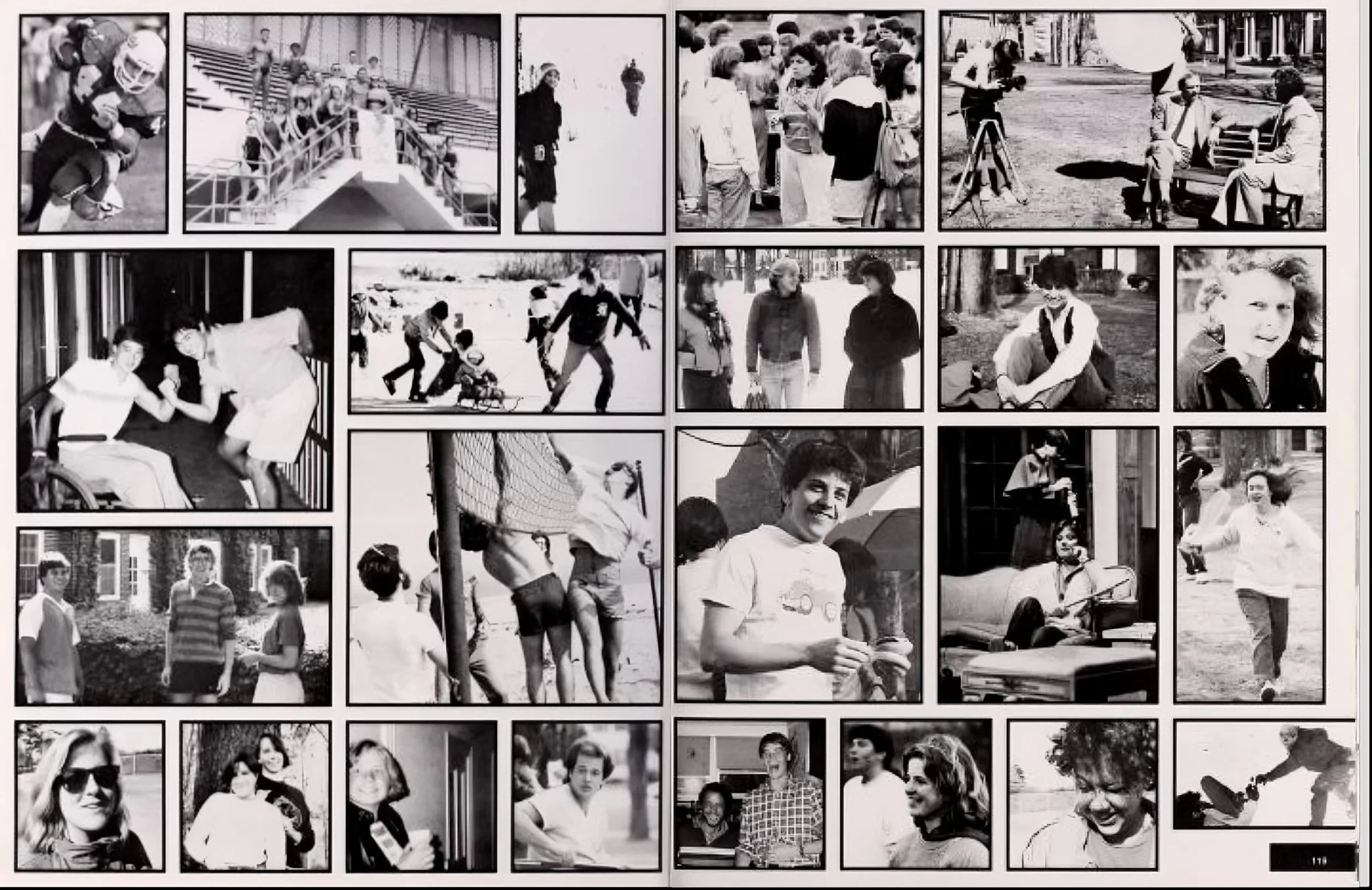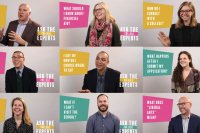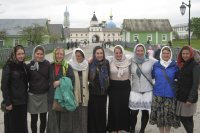
Multicultural Center presents social justice institute
The Bates College Office of Multicultural Affairs presents a two-day social justice institute designed to introduce students to individuals and organizations working on a variety of social justice issues, such as human rights, reparations and economic equity, on Saturday, Nov. 11, and Sunday, Nov. 12, in Chase Hall Lounge, 56 Campus Ave. The public is invited to attend free of charge. For more information, call the Bates Multicultural Center at 207-786-8376.
Saturday, Nov. 11
9:30 a.m.
Breakfast in the Special Seminar Room, Chase Hall
11 a.m.
Session 1, Chase Hall Lounge
Introduction of Panelists — Czerny Brasuell, director, Multicultural Affairs
Mily Trevino-Sauceda, founder and executive director, Líderes Campesina
Working within the Cultural Context in the Community: Learning How to Build the Power of the Collective
Khalil Nieves, education specialist, United for a Fair Economy
Racial Wealth Divide Project
Executive director of the Organización en California de Líderes Campesinas, Inc. (Líderes Campesinas), Trevino-Sauceda began working as a paralegal and community organizer with California Rural Legal Assistance. There, she learned about a variety of environmental issues related to agriculture.
Trevino- Sauceda founded Líderes Campesinas in 1992 with the goal of educating grassroots leaders among farm worker women to help improve the lives of all farm workers throughout California. Líderes Campesinas provides these leaders and activists the opportunity to coordinate their work and to create a more effective unified voice. The group works throughout the state educating women farm workers about issues such as pesticides and domestic violence. Líderes Campesinas has brought national and international attention to the plight of farm worker women. She obtained her B.A. degree in Chicano and women’s studies from California State University in Fullerton.
An education specialist for United for a Fair Economy (Racial Wealth Divide Project), Nieves is a Muslim of African and Puerto Rican descent. His work focuses on strengthening an economic justice movement in the United States in three areas: creating public understanding of how U.S. government policy created a wealth divide based on race; engendering debate and building programs to make this a national issue within five years; and helping to create a multiracial national agenda that institutionalizes government-funded community asset development.
The director of the Institute for Justice and Equity at the State University of New York, Buffalo, Nieves started his work in 1974 with the Islamic People’s Movement in Washington, D.C. He earned his B.A. from Brockport College, State University of New York, in business administration and received his M.A. in American studies at the SUNY Buffalo.
1 p.m.
Question-and-answer session
1:30 p.m.
Lunch
3 p.m.
Session 2, Chase Hall Lounge
Introduction of Panelists — Czerny Brasuell, director, Multicultural Affairs
Nader Tadros, founder and director, People’s Advocacy
Images of Power in Social Work
Roger Wareham, international secretary-general, Association Against Torture
Reparations: The Key Issue for African People in the 21st Century
Founder and director of People’s Advocacy, Tadros’ entered the field of social justice and advocacy more than 20 years ago, first as a volunteer and then as a professional in his native Egypt. Tadros realized that for social development to be effective, its agents need to help ordinary citizen groups restore their confidence and power in addressing systemic problems.
Founded in 2004, People’s Advocacy helps people realize their power and encourages them to participate in decision-making processes. Through People’s Advocacy, Tadros provides consulting and training services to national and international social justice organizations.
An adjunct professor at The School of Advanced International Studies, Johns Hopkins University, Tadros teaches a graduate course on “Advocacy: Power and Citizen Participation.” He has a master’s degree in organizational psychology from Teachers’ College, Columbia University, and an advanced diploma in social development from St. Francis Xavier University. His clients include local, national and international NGOs, private enterprises, USAID, the World Bank, the United Nations, Ford Foundation and the European Union.
A lawyer and a political activist, Wareham serves as the international secretary-general of the International Association Against Torture, a nongovernmental organization that has consultative status with the United Nations. Wareham is a member of the December 12th Movement, an organization of African people that organizes in the Black and Latino communities around human rights violations, particularly police brutality.
Since 1989, he has annually presented evidence of human rights violations facing people of color in the United States and other parts of the world at assemblies of the United Nations’ Commission on Human Rights and its other bodies. His law firm, Thomas, Wareham & Richards, is part of a legal team that brought the first suit against private corporations for reparations for the blood money made during the trans-Atlantic slave trade and slavery. This same legal team filed suit against three of the multi-national corporations that profiteered during the apartheid era in South Africa.
Wareham was instrumental in prompting the investigation of the United States by Maurice Glele, U.N. Special Rapporteur on Racism, Racial Discrimination, Xenophobia and Related Intolerance. Wareham organized the United Nations World Conference against Racism in Durban, South Africa. During the mid-1980s, he directed the Police Brutality Monitoring Unit of the Center for Law and Social Justice at Medgar Evers College, City University of New York. In that capacity, he organized a 24-hour police brutality hotline and a citywide organization of groups and individuals to respond to incidents of brutality.
Wareham earned his B.A. from Harvard University, a member of that institution’s first class able to graduate with a degree in Afro-American studies. He earned his J.D. from Columbia University Law School and is a longstanding member of the National Conference of Black Lawyers and of the New York-based Bureau of the U.S. NGO Committee for Human Rights.
5 p.m.
Question-and-answer session
6 p.m.
Dinner in Special Seminar Room
7:30 p.m.
Wareham meets with students about internships and job opportunities.
Sunday, Nov. 12
11:15 a.m. to 1 p.m.
Social Justice Job and Internship Fair, Chase Gallery




